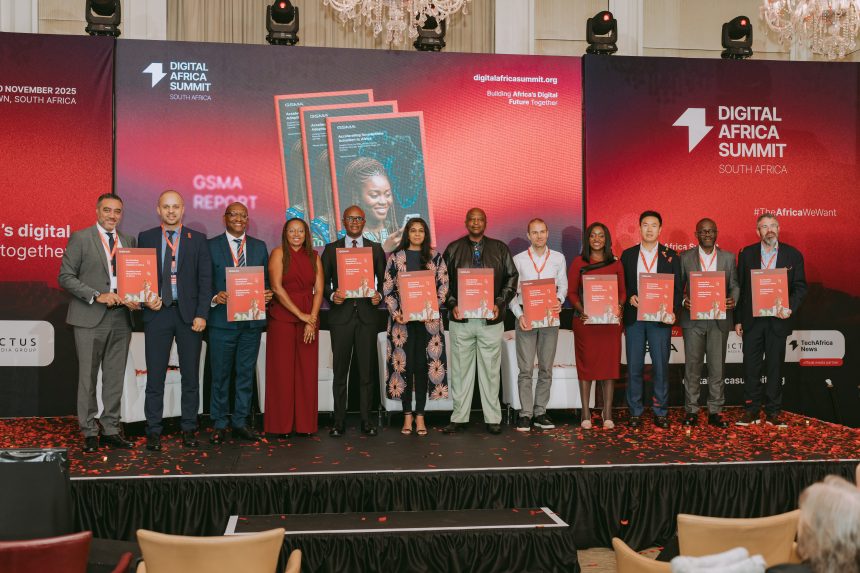At the GSMA Digital Africa Summit in Cape Town, new research from GSMA highlights how affordable smartphones, innovative policies, and digital infrastructure can unlock the next phase of Africa’s digital and economic growth.
Why it matters
Despite mobile networks covering 95% of Africa’s population, only about 40% use mobile internet — a gap driven by high device costs, limited digital literacy, and a lack of local content.
The GSMA says closing this “usage gap” could add $700 billion to Africa’s GDP by 2030, transforming access to education, healthcare, and financial services.
Driving smartphone adoption:
- Affordability remains the main barrier. The GSMA’s Accelerating Smartphone Adoption in Africa report underscores how taxes and duties make entry-level smartphones unaffordable for many.
- Policy innovation helps. South Africa’s recent reforms on low-cost devices have improved access — a model GSMA wants other governments to replicate.
- Regional collaboration. At MWC Kigali 2025, GSMA and African operators proposed continent-wide minimum specs for affordable 4G smartphones and urged governments to remove taxes on devices under $100. Doing so could cut handset prices by up to 50%, expanding access for billions still offline.
Smart manufacturing gains
The companion report, Enabling Smart Manufacturing in Africa, outlines how digital tools in factories and industrial zones could boost productivity, job creation, and competitiveness — helping African economies leapfrog into more advanced industries.
The call to action
GSMA is urging policymakers and industry players to:
- Eliminate taxes and import duties on smartphones below $100.
- Support financing and pre-owned models to make smartphones accessible.
- Invest in reliable power and 4G/5G connectivity for key sectors like health, education, and manufacturing.
The bottom line
“Africa’s digital transformation is already reshaping how people live and work,” said Angela Wamola, Head of GSMA Africa. “To make it truly inclusive, we must tackle affordability and accessibility head-on so that every citizen, business, and public service benefits from the power of connectivity.”









